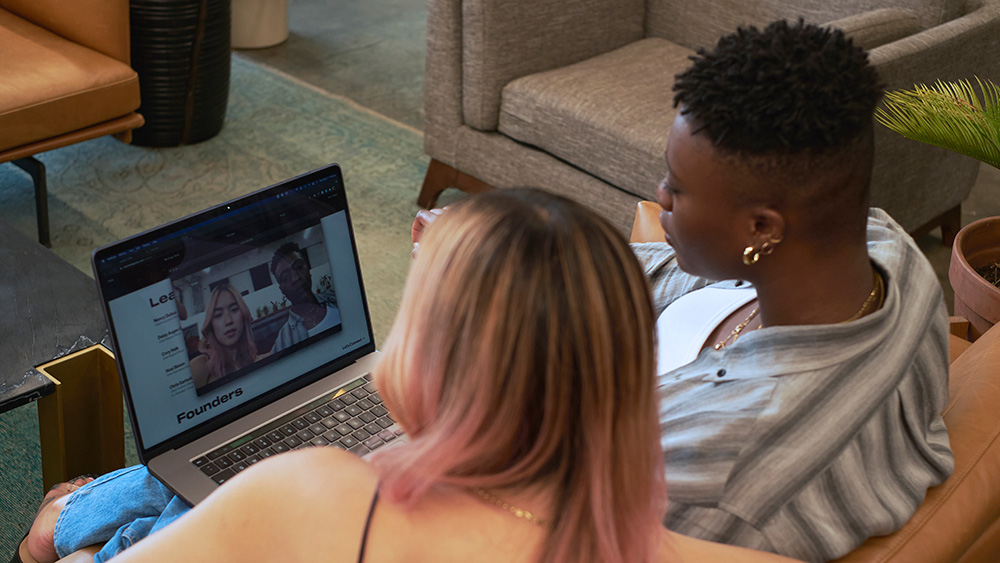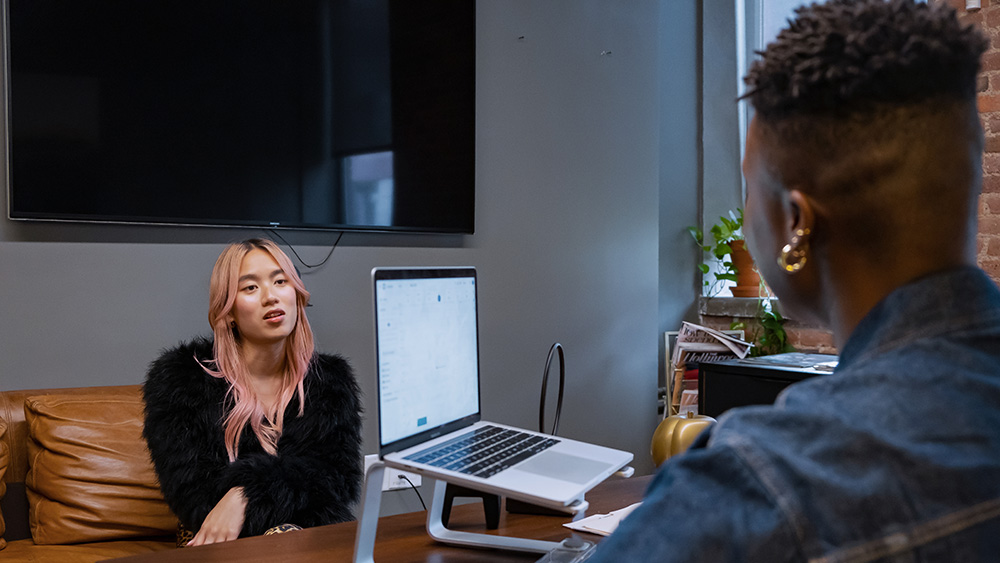Gender expression and my non-binary identity
A personal reflection by UOW staff member Kit West
July 10, 2024
Identity forms an incredibly important part of our lives. It is what we use to navigate the world around us and make sense of our position within it.
This article is a personal reflection by Kit West, a Student Advocacy Officer in Integrity Division of the University of Wollongong (UOW). Words have been edited for The Stand with the consent of Kit West. Views expressed are their own.
We all have a personal identity of our own. The Higher Degree Research student who dedicates years of their energy to study, or the professional staff member or academic wandering around campus.
It’s the parent who goes home and cleans a snotty nose before being covered in kisses and affection from a babbling toddler. The adult walking with relief into a quiet room in the house after a long day surrounded by people.
For many of us, our gender is so inherent to our identity that we do not question it. It is something so similar to our personality and behaviours that we don’t notice its impact. This was once my experience.
For years, I conformed my personality and behaviours to being a woman. I believed I possessed the qualities required of a white, lower middle-class lady navigating a co-ed workspace. I thrived in environments that required my skills in nurturing, sympathy and responsibility for vulnerable people.
 A non-binary person and transfeminine person on a video call in an office. Photo: The Gender Spectrum Collection
A non-binary person and transfeminine person on a video call in an office. Photo: The Gender Spectrum Collection
What I had not accounted for were the days when I just did not care about my appearance. I had very low, flat days. It was on these days that my favourite shirt would bring no joy. Makeup, perfume, and freshly styled hair held no importance, and I just did not want to go to work.
I identify as non-binary. My pronouns are they/them
When I wake up:
- I do not need to spend 15 minutes deciding if make-up and perfume will make me feel joy or sadness.
- I do not need to change my outfit four, or more times to determine if the outfit fits my body well that day.
- I do not need to fight to get into the shower to get ready and leave the house.
- I do not need to hide from my loved ones and work colleagues.
- My soul has found peace, and gender dysphoria is no longer a daily struggle.
Instead, I experience relief that I can unabashedly wear make-up, perfume, cologne, or go without for a natural look. I can wear comfortable shoes and clothes to work.
Most importantly, I can be me
I can bring all of me to my professional space. I can be nurturing, sympathetic and responsible without the pressure to fawn, obey and provide programmed responses expected of my sex.
At UOW, my non-binary identity and gender expression are integral to my daily interactions and contributions. By being open about my identity, I help promote inclusivity and understanding among students and staff. This visibility allows me to actively participate in diversity initiatives and support others in their own journeys.
 Transfeminine and non-binary colleagues talking in an office. Photo: The Gender Spectrum Collection
Transfeminine and non-binary colleagues talking in an office. Photo: The Gender Spectrum Collection
I personally experience a blend of feminine, masculine, and just human energy. I am partly mad that my feminine side had decades to explore every facet, while my masculine and agender energy is still fledgling.
Today, I am lucky that I do not need to choose which part of my identity is open and which part is hidden.
I am unapologetically me.
International Non-Binary People’s Day is observed on 14 July annually, raising awareness of non-binary people who do not identify within the traditional gender binary.
The University of Wollongong (UOW) supports and celebrates sexual and gender diversity. UOW is a safe, inclusive, and respectful environment for all members of our LGBTIQ+ community, and we are committed to creating a culture where LGBTIQ+ students and staff can flourish.
Read more about Sexuality and Gender Diversity (LGBTIQ+) at UOW and the UOW Pride Network.